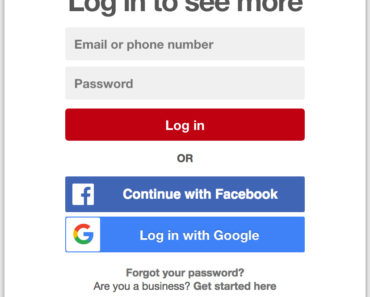

First publication rights to original work accepted for publication is granted to Partnership but copyright for all work published in the journal is retained by the author(s).This article will look at how Pinterest can be used in libraries and higher education, and some of the copyright considerations involved in using this image-driven site.Īs a condition of publication in Partnership, all authors agree to the following terms of licensing/copyright ownership: The library looked at copyright considerations and developed a series of questions to help us determine whether to pin or repin an image. The popularity of Pinterest has even inspired other image-based social media sites such as Learnist.Īfter developing a Pinterest account for the library, a list of best practices were created. Pinterest is starting to have an impact on the way educators teach and present information and ideas to their students. This social tool has appealed not only to librarians but educators as well. This article will look at how the University of Regina Library is currently using Pinterest to engage and interact with the University community. Libraries and educators are starting to explore this new type of social media and how it can be used to connect with and inspire their patrons and students. Launched in March 2010, Pinterest now has over 10 million users and is continuing to grow.

Pinterest, a pinboard-style social photo-sharing website, has become a popular site for many individuals who collect images that help them plan, organize, and explore any topic of interest.


 0 kommentar(er)
0 kommentar(er)
